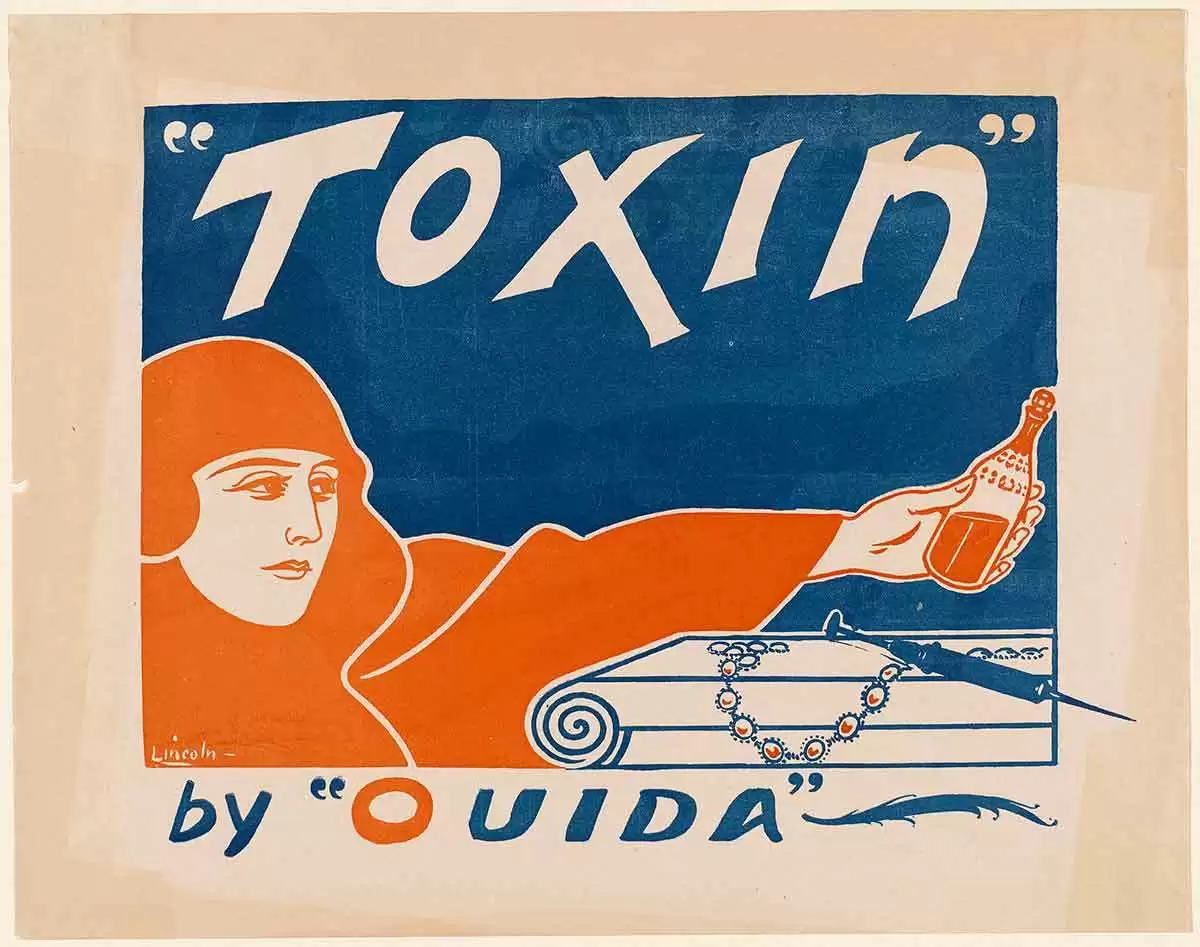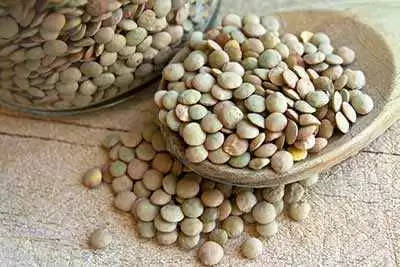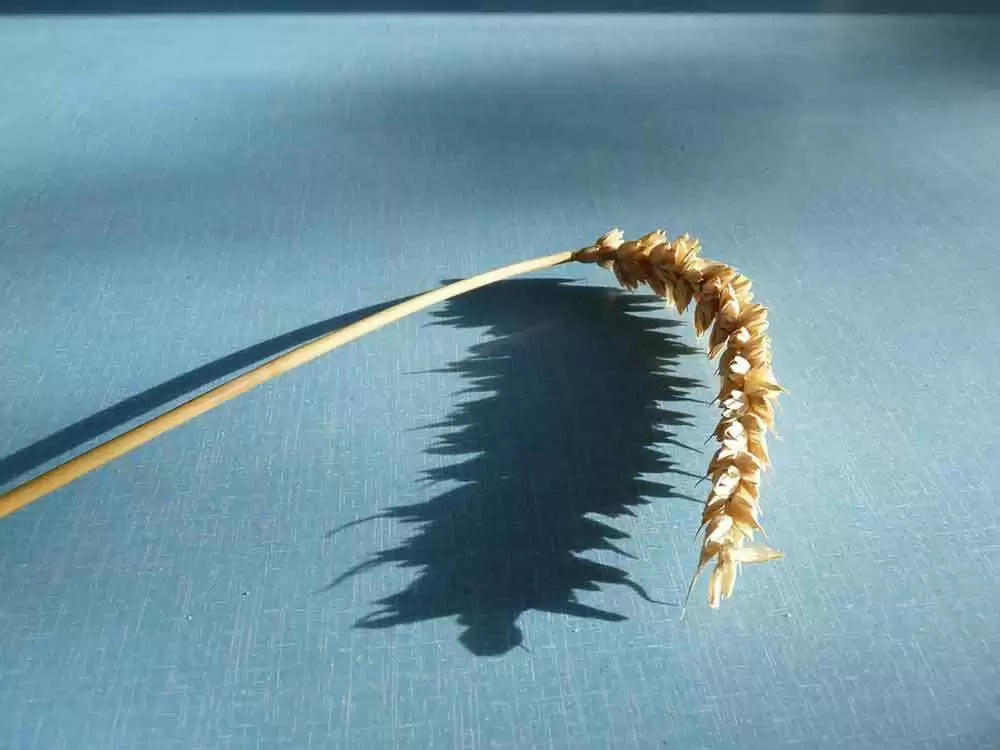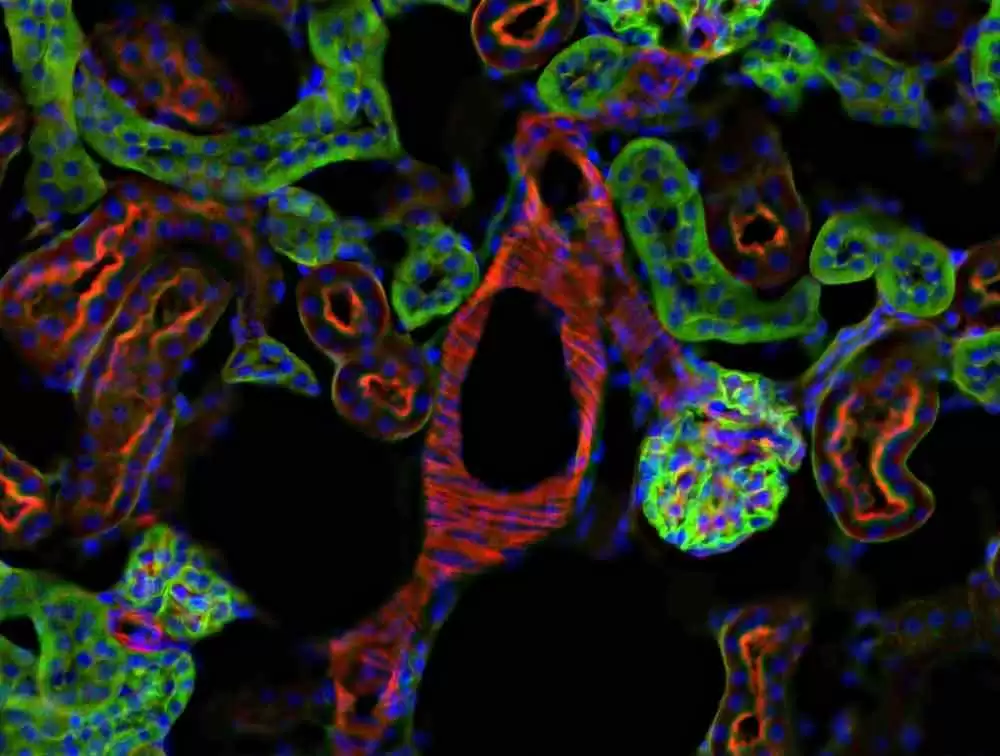
Celiac.com 08/11/2021 - It takes a well-trained CIA operative to decipher some of this stuff. If the consumption of fat is thought to contribute to fatty liver (which it doesn’t), then why is it found in the context of starvation? Why is alcoholism the leading cause of fatty liver disease in people? And why does gastric bypass surgery, which involves a dramatic reduction in calories, trigger fatty liver disease? This same surgery is also associated with the precipitous development of iron deficiency anemia, bone density issues (osteoporosis) and immune failure in many cases. The morbidity rate following this harmful surgical invention is staggeringly high, and totally explainable. They’re making acute surgical celiacs out of these people. The symptoms they show could be the direct result of malabsorption of vital nutrients that would normally be picked up by the duodenum (calcium, iron, iodine, B complex, vitamin C, and trace minerals). This kind of physiological stress could trigger just about anything, including a subclinical viral infection (or viral adaptation) of the liver.
But why do I get so upset over seemingly insignificant news items claiming that fatty liver disease is the result of eating fat? Because the low fat diet is one of man’s worst dietary inventions! Fat is crucial to a healthy diet, serving as a vehicle for certain vitamins to enter our body (the fat soluble A,D,E,K) the source of essential fatty acids (omegas), and the provider of protection against things trying to affect and invade our body, including these pesky lectins I keep writing so much about. Yes, dietary fat (animal fat not man-made trans fats) helps to block the attachment of certain dietary glycoproteins (e.g. the harmful ones from gluten, dairy, soy, etc.) to the villi of our intestinal tract. Other things that help in this regard are good carbs and glycoproteins from fruits and veggies such as pectin from apples. Pectins actually bind lectins. Fats more or less coat the GI tract and prevent the attachment of lectins. That is why whole milk is less harmful than skim milk, as I have discussed before.
Celiac.com Sponsor (A12):
About five years ago I started seeing more and more chicken allergies in dogs. I wondered if it was because dogs were eating more chicken and that it was a secondary food allergen due to the damage being done by the “big 4” (gluten, casein, soy, and corn) like so many other food allergies, or whether there was something in the chicken that was inducing the problems.
I decided to check out what they were feeding poultry on the hunch that they were loading them up with gluten grains and corn. Five minutes into an Internet search yielded my answer. As of about 10 years ago now, they have been pouring the wheat to chickens and turkeys. If they fed them too much wheat, do you know what happened? They died of fatty liver syndrome. Until now, fatty liver syndrome has been considered “idiopathic: in veterinary medicine. Cats die from fatty liver syndrome. Fatty liver disease is the leading cause of liver disease and failure in the cat.
And what is the leading cause of fatty liver disease in people? Alcohol—grain alcohol. Most alcohols are made from grains, including beer. Could it really be the lectins in the grains that are inducing the fatty liver disease more than the alcohol itself? That makes sense when you think about the number of people who drink (excessively) versus the number who develop fatty liver disease. There has to be something special about those people. Either they have gluten sensitivity or a resident virus or both.
We are making great strides in expanding our understanding of lectins (e.g. those in the “big four”, legumes, grains, corn and dairy), environmental pollutants, trans fats, and the damage done by some drugs. Celiac awareness has opened a number of doors and will lead to improved understanding of dairy, soy and corn intolerance as well. I can’t wait for cow milk to finally be publicly convicted for what it has done to human and veterinary health. That time is coming soon.
We have had this wrong for years and the evidence has pointed us in a better direction for a number of years as well. Fat is not the enemy. You don’t get fat from eating fat. Dr. Atkin’s helped prove this. Similarly, your cholesterol does not go up primarily from eating dietary cholesterol. Further, an unusually low cholesterol diet is not healthful. Cholesterol, for example, is the building block for all of our hormones, including sex hormones and cortisones. It is an essential component in immune responses and in the protection of individual cells from invasion by harmful substances and organisms. The anti-cholesterol and anti-fat campaigns are ill-conceived, misguided, and harmful to our health, thus my passion on this topic.














Recommended Comments
Create an account or sign in to comment
You need to be a member in order to leave a comment
Create an account
Sign up for a new account in our community. It's easy!
Register a new accountSign in
Already have an account? Sign in here.
Sign In Now